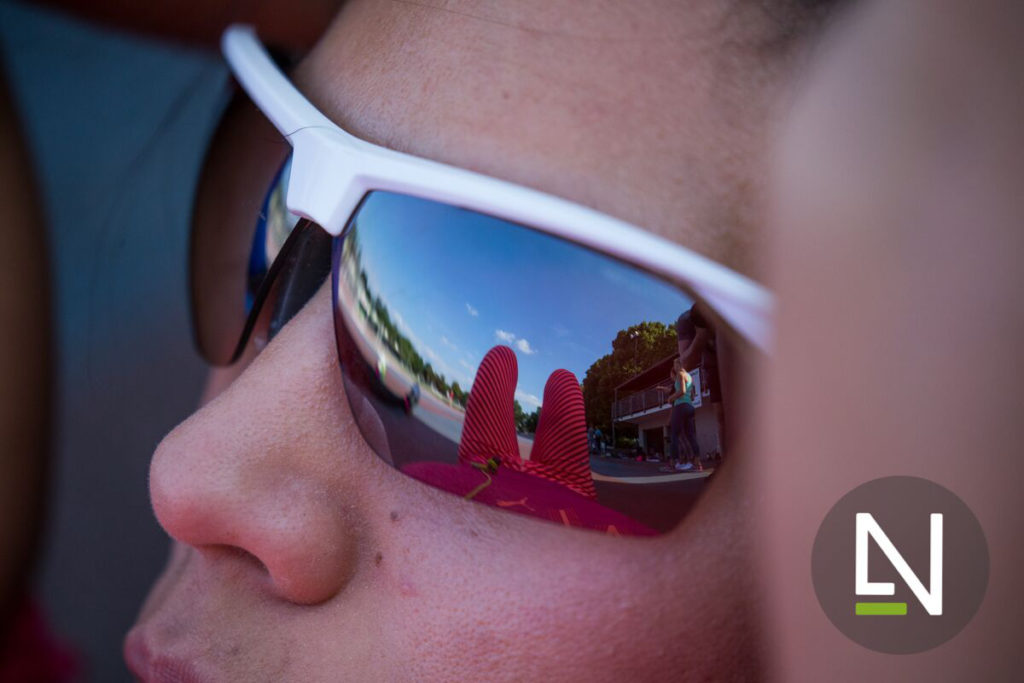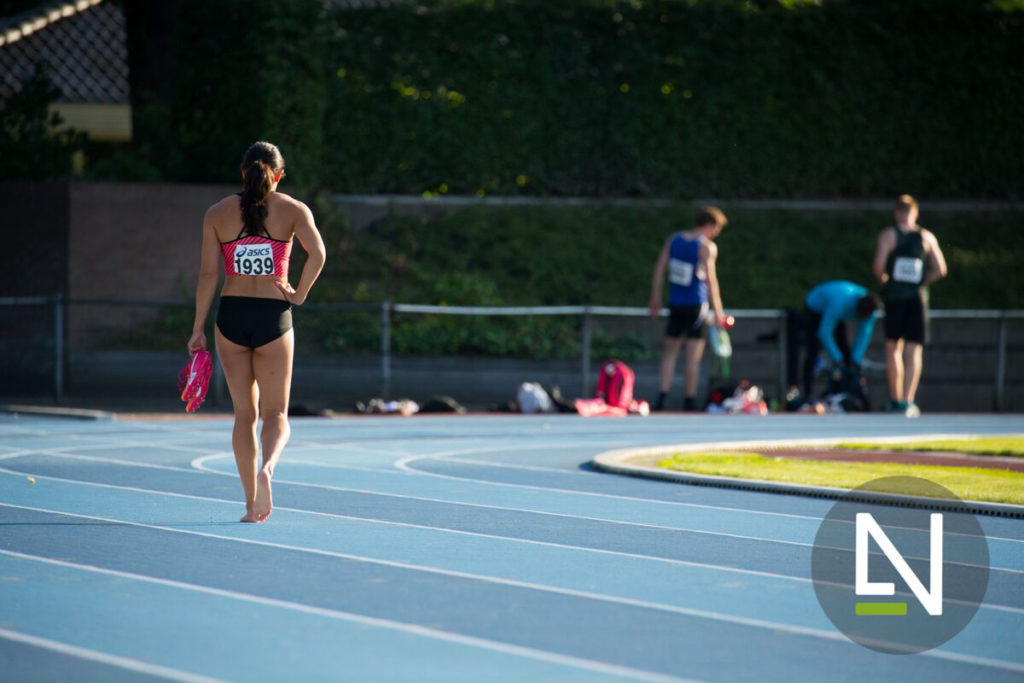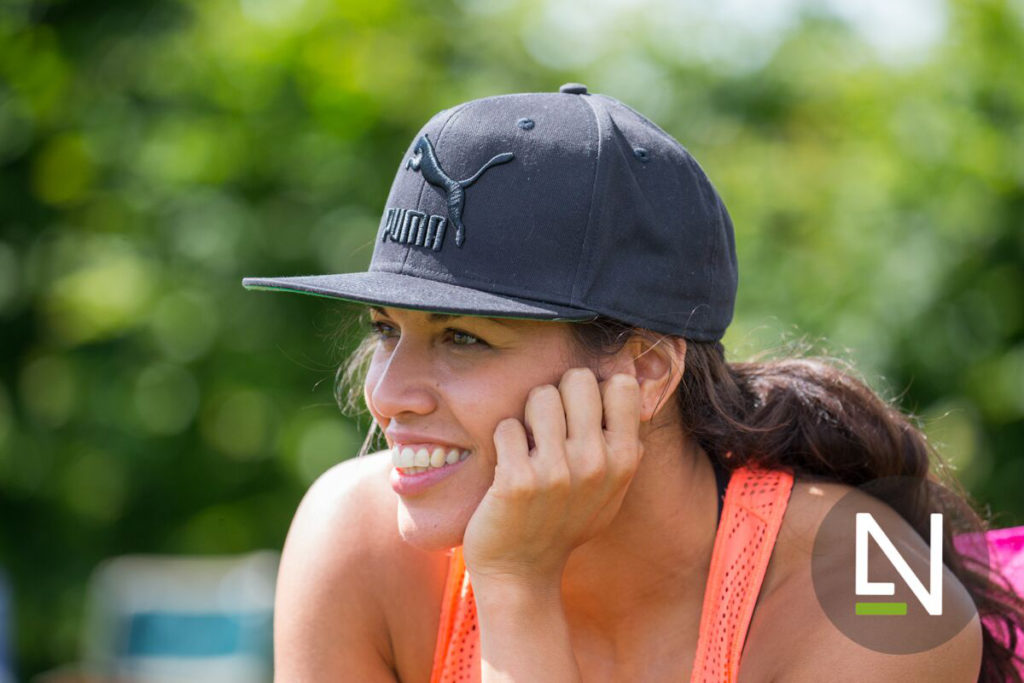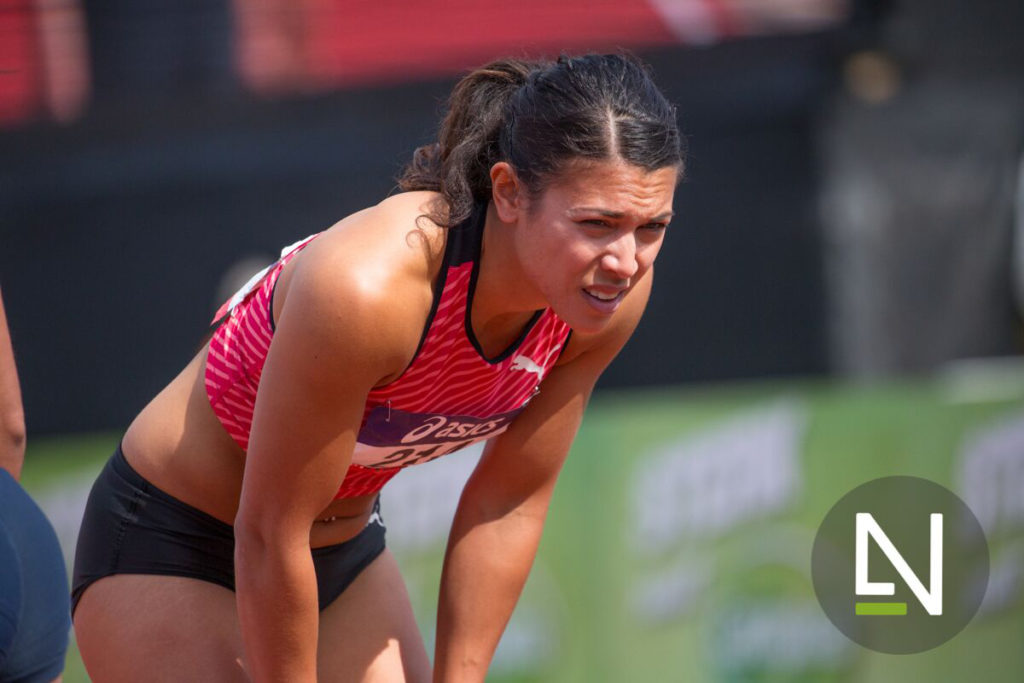 A gold medal is a wonderful thing. But if you’re not enough without one, you’ll never be enough with one.
A gold medal is a wonderful thing. But if you’re not enough without one, you’ll never be enough with one.
It’s alright, it’s only plagiarism if you fail to acknowledge your source.
In this instance, for those who haven’t already cottoned on, those are the immortal words of John Candy’s character Irving Blitzer from the film Cool Runnings. And he’s saying this: an Olympic medal doesn’t form your personality. It’s just a tick in a box. As a sports person you run, swim, jump, throw – whatever your discipline may be – as fast, high or far as you can and hope that on the day it’s enough. If your sole aim is a ticket to some event or other, or to have a medal hung round your neck, then you’re going to fall short. I know it sounds terribly corny, but success as an athlete has to come from something a bit more profound. Yes, I’m trying to avoid from within but that’s the truth of it. It cannot be only about box ticking. Because sometimes, no matter how fast you run, somebody bumps you from the queue by running faster.
Sometimes it’s two one-hundredths of a second faster.
Yes it’s happened. Our Road to Rio star Esther hasn’t qualified for this year’s Olympics in Brazil. I always knew there was a possibility. That’s why I chose to follow Esther’s progress. It would have been boring to latch onto an athlete who was guaranteed a spot, one of the defending gold medal winners (apologies to my previous gold medal winning guests, you know I respect you!) To follow and write about an athlete who might or might not qualify was exactly the point. A bit like the act of competition itself.
Some might say Esther failed to qualify. I’m going to tell you why that’s a misnomer.
Before we get into that though: what happened?
“Planning an Olympic season meant this time I had to be in great shape early in the season,” Esther explains, “because the Nationals were in June – normally they’re in the first weekend of August. After that weekend the team for the Europeans would be announced and that would likely be the team for Rio as well.
My coach and I decided to race a lot: every weekend until the Nationals. In April the reason started. We were still in Portugal, some others in Spain or even the US. We planned to race a 100m in Faro, but the weather turned really bad and the competition was cancelled. Bad weather was the story of 2016…When we came back in May the weather was so cold, or we had a headwind. I ran really well, but the times on the clock were not so good, because of the bad weather conditions.
Finally in Mannheim I ran a good time of 11.66. I knew I could run even faster, but that didn’t happen. After Mannheim I went to Geneva where the weather was the worst I’ve had that month. It was a tough race, and a bad time on the clock. That trip, race and time cost a lot of energy. Looking back this was a gamble, because it was only two days after Mannheim and three days before the Nationals. But it was a bad gamble. Because it was so much bad energy, it drained me too much you see. So I wasn’t super at the Nationals. Especially mentally – a bit insecure. So in the semis I wasn’t focused on my task, but on the outcome. I came fourth in my race and I missed the finals by two one-hundredths of a second.”
I’m pleased that she points this out because it confirms my supposition about end-goals being insufficient as the sole motivator. Something else becomes clear though as she explains: how vital an element to preparation is an athlete’s mental fortitude.
“Geneva was a gamble, because if the weather would have been super and we had tailwind, I probably would have been faster than Mannheim and felt super happy and strong going to the Nationals. Looking back I cannot say I regret going to Geneva. Usually the weather is really good up there. It was just bad luck. I don’t regret racing that much, we planned that in April and I believed in that plan and I still stand by it. But track and field is also an outdoor sport, so you deal with different conditions. I’ve been very unlucky in Holland. And unfortunately there’s no money for our Eindhoven group to send us to South Africa or the US for a month where we can do multiple competitions on high level in good weather.”
To me it all feels a little bit unfair. With better opportunities comes better training and, by extension, better performance.
“That’s just the way it is,” Esther says matter of factly. “So no regrets. Maybe it sometimes feels a bit unjust, but it’s part of the game. I can put that in perspective really well.”
If you’re a bit of an armchair athlete, you probably imagine a runner being put out of their misery as the finish time flashes up and it’s a quick ‘yes’ or ‘no’ as sudden as the crack from the starter’s pistol. But in most cases the process of Olympic qualification is a little more drawn out.
“Actually I knew the Friday before the relay team took the gold in Amsterdam that I wouldn’t improve my time any more. I had run twenty four races in eight weeks.”
Twenty four races which all took their toll over those eight exhausting weeks.
“My body and mind were too tired for any improvements. I ran 11.87 that day, and I should have raced 11.57 or something like that.”
I’ll be honest, I feel a bit of a lump in my throat as I try to imagine that sense of brutal inevitability, when the body and mind have nothing left to offer. I ask Esther how it made her feel.
“I cried like a baby. I felt sad, disappointed, angry – and also happy and proud.”
Yes, proud. Because Esther is an athlete and as I said (alright, as Irv Blitzer intimated) the results don’t make you: if you’re a true athlete you know this.
“I was so afraid I’d fall in a black hole or something, but that didn’t happen. I decided to race on Saturday as well, even though I knew it wouldn’t bring me to Rio anymore. But I wanted to go to battle as a true warrior, knowing I gave everything and took every opportunity I had to qualify. So I can never look back thinking: what if?”
And she was in a good place, emotionally, that day.
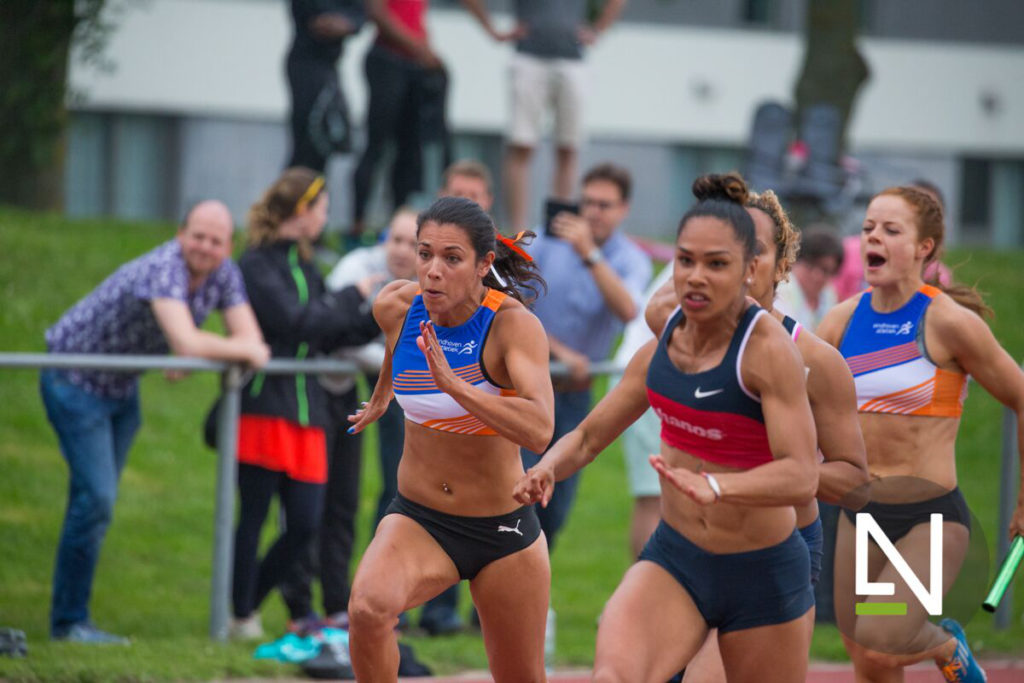
“Being in Kortrijk that Saturday was a special day. The track was beautiful. A traditional red track, but surrounded by green, and beautiful trees. The sky was blue and the sun was shining. My coach, boyfriend and training partner Sacha were all there. There was a massage table in the shade and we had blankets and folding chairs to sit on. It was a perfect day. I felt the passion and love I have for my sport. I almost get emotional explaining this, but I don’t want to cry, but even now I feel the passion, emotion through my whole body. I felt the passion, the reason why I chose this sport. And I didn’t choose it to go to Rio, or to another great tournament, but I chose it for the amazing feeling it gives me to do this sport. That magic really did a great job in the first round, where I ran 11.78. But in the finals I was too relaxed – and tired at the same time.
Of course I cried afterwards. I cried with Sacha, who ran 11.64 that day and also for her that wouldn’t be enough. I was comforted by my coach, boyfriend and my father through the phone – he actually is with me all competitions, but he couldn’t make it that day, but I know he is always there to support me. They were all so proud of me, and of course I was proud as well. But also sad. But leaving the track I could do that with my head up high. Knowing I gave it my all, knowing and feeling this is my passion, feeling calm and proud.”
As she tells me this, my awareness of the triumph of will over results is somehow compounded: before the Olympics in Rio this week, Esther was an athlete and a coach. A very good coach, very highly regarded. When the Olympic flame is extinguished two weeks from now, she’ll still be an athlete and a coach. I knew this and understood it, but what’s dawning on me now is that those things would have been the same even had she achieved her place on the Dutch Olympic team. It is, as I said, a tick in a box. Going to the Olympics or winning a medal shouldn’t be the motivation. At least, I don’t think so.
Esther?
“One of the things I learned through this incredible journey is that having fun and passion is the most important thing in whatever you do. As an athlete, but as a coach as well. Because I have my own company I also work next to training many hours a week. Working sometimes has a negative load in it, like you must pay the bills. But I’ve finally come to the point where I decide where I want to work and whom I want to work with. I still work as a trainer in Eindhoven, but I’m also hired by Red Bull to teach their employees and athletes about vitality and the can. Super interesting. Besides all that I also follow different courses on mental training, like Archetypes Everywhere and Action Types. Really interesting for me as a coach and an athlete.”
If the big players like Red Bull have noticed Esther, then her life as a coach, surely, is shaping up nicely. Does that mean she’ll let competition take a back seat?
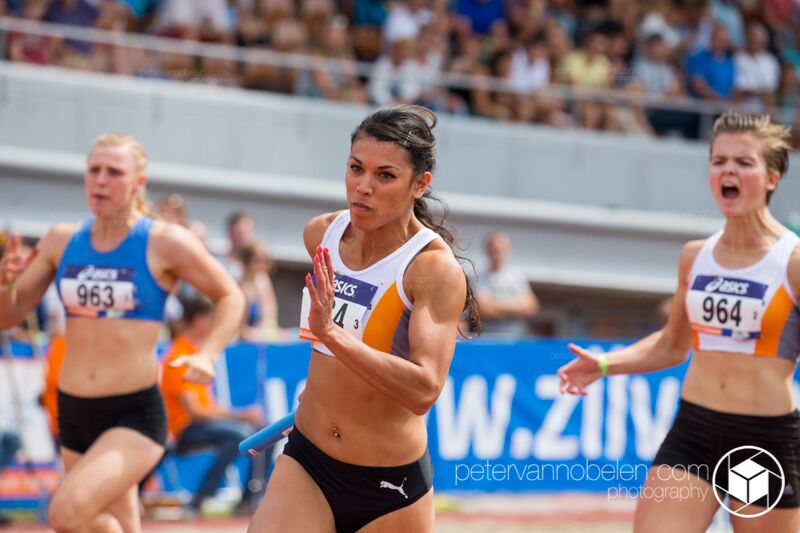
“Even though I didn’t go to Rio I won’t quit. It is simply too much fun to stop now. Besides, I’m 29 and I’ve never been so fit and fast in my life.”
It’s like the film isn’t it? As I listen to what Esther has to say, it feels like the happy ending to a non-clichéd motion picture. We don’t pan out on a scene of Esther packing her case for Brazil and hugging friends good bye, but we do have a vista on true success: that to grow as an athlete – as an achiever in any field come to think of it – you’ve got to focus on the doing of the thing. It’s the same with everyone and everything. The sales person must believe in his or her product. The writer in their prose. The singer in their music. If money is the only goal – or a medal, or Olympic qualification – it’s just a dream. In any case I think Irv Blitzer would have agreed with that wouldn’t he?
Speaking of which, didn’t the Jamaican bobsleigh team hail from sprinting stock? So the Winter Olympics. South Korea, 2018. It’s only two years away. What do you think Esther?
“Haha!” she laughs.
But go on, humour me.
“Well…I am a good starter but totally unfit for bobsled. I’m too little (166cm) and too light. But I do train with a bobsleigher, and I’m certain she will make it to the 2018 Olympics! So we’ll have another Olympian in our group very soon. And I’m still young, so who knows maybe in four years,” she says, bringing me back on track. “But I’m not looking ahead that far at the moment. Plan it year by year now. Being fit is one thing, staying fit is the second most important thing to maintaining yourself as an athlete.”
I know. I harp on about the journey-not-the-destination thing and then suddenly I’m veering off on a somewhat eccentric Winter Olympics strategy; a very tangible goal that came to mind just because I’ve watched Cool Runnings too many times. Perhaps that’s why I’m the commentator not the athlete. And maybe I’m not even very good at that: after all I said I’d explain why the term failure to qualify was a misnomer in Esther’s case, and there I confess to have foundered.
Never mind because Esther, on the other hand, has explained it quite clearly.
You can keep up with Esther’s journey, which as we’ve established is far from over, on Twitter @estherakihary
And to find out more about Esther as both an athlete and coach, visit her website: www.estherakihary.com
All images copyright Peter van Nobelen.

